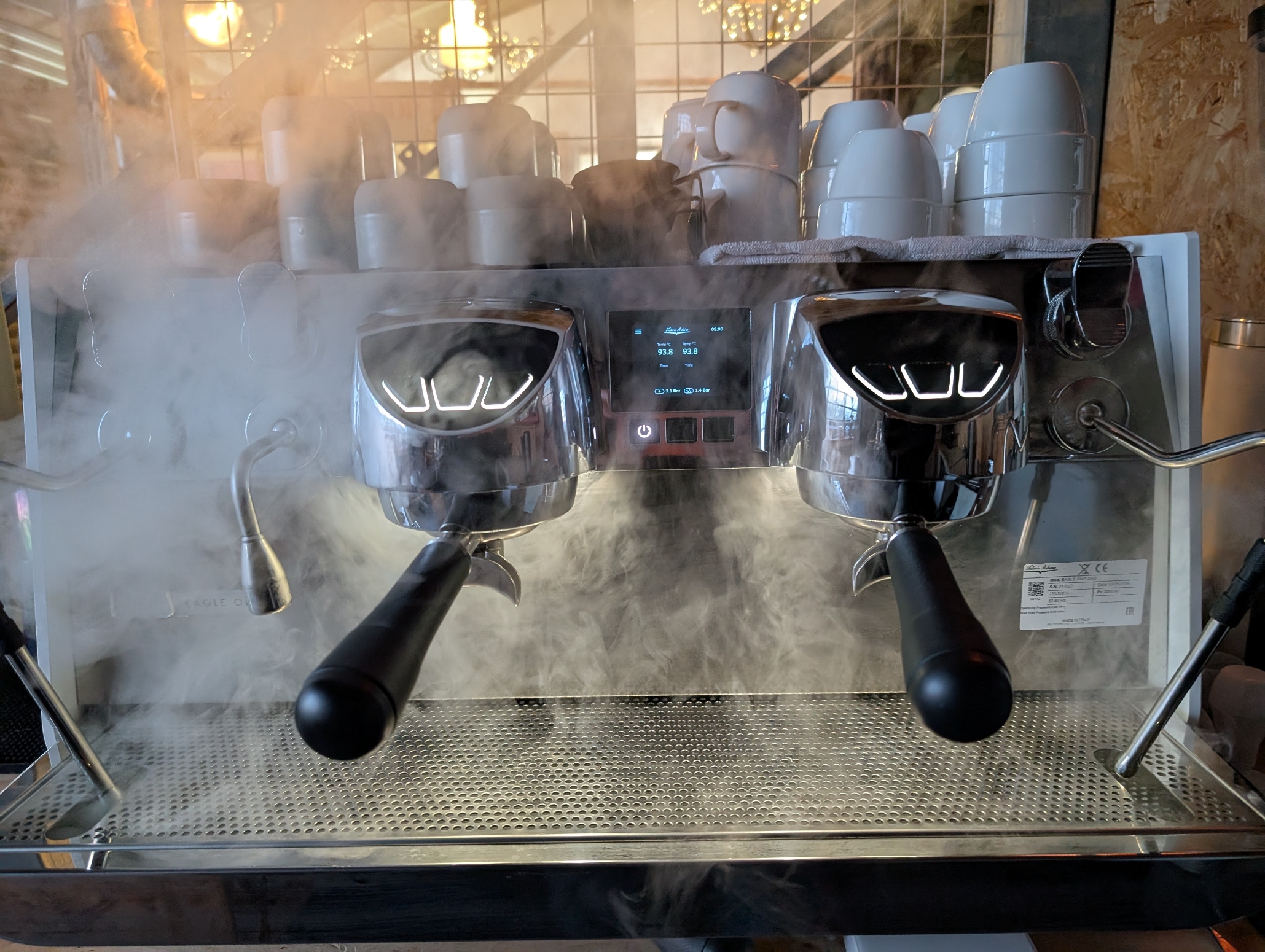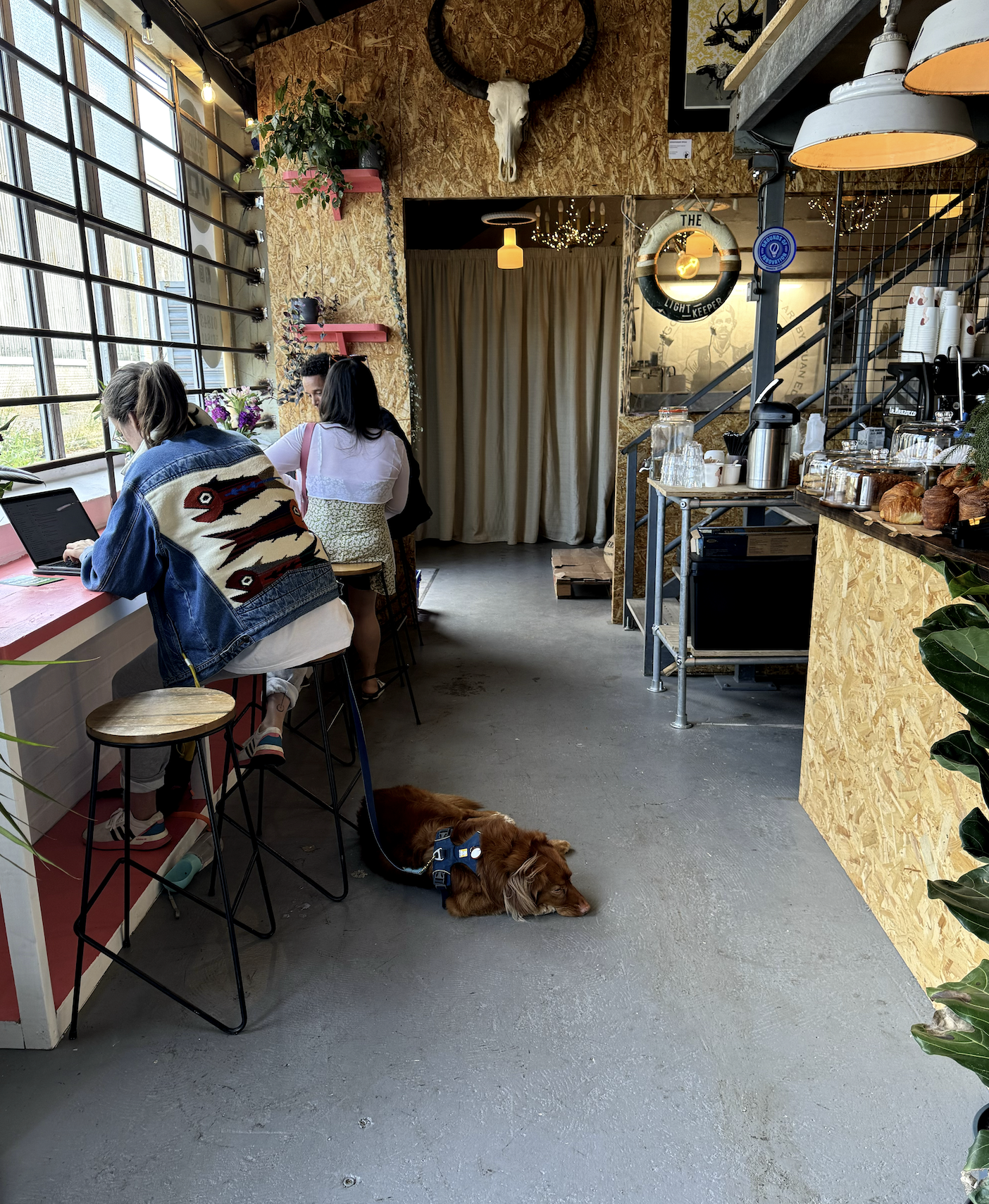Birthday Suit
House Blend
From £10
Black Forest Gateaux
70% Brazilian Natural, Red Catuai
25% Burundi Natural, Red Bourbon
5% Colombian Semi Washed, Thermal Shock, Pink Bourbon
Andrea Costa, Brazil
From £9.5
Milk Chocolate, strawberries & caramel
Origin- Brazil
Varietal- Red Catuai
Process- Natural
Andrea Costa is the mother of Bruna, director of Bossa Coffee. Andrea and her brother Luis take care of their farm which belonged to their father who was once a big coffee exporter in Brazil. The farm is where Andrea has lived most of her life and where
Bruna grew up. Chacara Santo Antonio has an incredibly preserved nature reserve
where you can spot the Guara wolf, Tucans and the Brazilian Jaguar. It also has a
beautiful river where the family spent most of their weekends.
The family has always produced fine coffees since Mr Decio, Andrea’s father,
started his export business in the 1970s. Mr Decio was always a pioneer in
investing in different varietals and processing methods. However, Andrea and
Luis took this passion one step further once Bruna started working in specialty
coffee internationally. Their ambition was to produce incredible specialty lots for
her to sell and showcase around the UK and beyond.
Mother and daughter have a passion for the coffee industry and also for
promoting the region where both grew up.
Rama Women's Association, Burundi
From £12.50
Baker's Chocolate, Orange, Treacle
Origin- Burundi
Varitals- Red bourbon
Process- Natural
Several years ago, Marie-Annonciate began mobilizing other women in her community (near Mubuga washing station) to band together and gain access to land tenure. In Burundi, women are functionally prohibited from owning land due to patrilineal inheritance laws and the lack of government land codes. Women activists are hard at work advocating change in the government and in legal code. Unfortunately, patriarchal customs continue to dominate, especially in rural areas where they exclude most women from owning their land and make female inheritance nearly impossible.
However, Marie-Annonciate knew that change comes from the people as well as from the government. Her vision and drive gained the support of the Kahawatu Foundation early on. The group also received support from Greenco, a company that oversees washing stations in Burundi.
Kahawatu and Greenco supported the group’s application process. The women lobbied the government for several years but ultimately could not secure their members’ rights to own land as women.
However, even as one door closed, another door opened, and the story didn’t end there. Several individuals noticed the Rama group’s determination in their fight for land rights. In the end, a local community member leased their land to the group.
Elisabete Martins, Brazil
From £13
Red fruit, bramley apple & chocolate
Origin- Brazil
Varietal- Cataui 99
Process- Natural
In 2000, Elisabete Martins and her family made a big jump from running a successful supermarket business, where they had worked for 23 years, to diving into the world of coffee farming. The idea started as a way to diversify the family’s income, but it quickly became a shared passion. Her husband, who had worked as a charcoal maker on a farm when he was younger, knew Fazenda Cachoeira well and saw its potential. When the opportunity came to buy it, they jumped at the chance and were super excited for the new phase.
From the start, it was a full family effort. Elisabete, her husband, their kids, and even their daughters-in-law rolled up their sleeves to get the farm going. Over time, they expanded, adding a second property, and have been fully immersed in the coffee world ever since. Today, they’re constantly learning and improving, always aiming to produce amazing coffee.
Muzo Ikizere, Rwanda
From £14
Dried apricot, honey & flourals
Origin- Rwanda
Varietal- Red Bourbon
Process- Fully Washed
Farm/ coop/ Station: Muzo Washing Staion
Altitude: 1570- 2100m above sea level
Owner: Various women farmers delivering to Muzo washing station
Subregion/Town: Gakenke
Region: Northern province
-
Rusatira Emmanuel is the founder and owner of Baho Coffee. Rusatira established Baho Coffee in 2013 after a long career in coffee that began as a washing station manager and culminated in a position as head of a department, managing a number of stations. Today, Baho Coffee oversees four washing stations across Rwanda. With one station in each of the coffee producing provinces, Baho Coffee has access to a wide range of profiles and processing methods.
In addition to providing a number of educational, financial and agricultural services to farmers, Baho Coffee also has several social programs that are geared towards helping farmers, especially marginalized groups like women, older farmers and youth.
Rusatira, who was personally affected by the Rwandan genocide that took place in 1994, focuses on helping women because he understands firsthand that many families lost many male members during the genocide. As a consequence, Rusatira explains, many Rwandan families are headed by women. Single motherhood—whether caused by the genocide, lack of access to family planning or other circumstances—is often lonely and isolated. Rusatira’s intention is to bring typically isolated single mothers together and ease that isolation while also providing support and training to help them improve their circumstances.
Angie Hernandez, Colombia
From £18
Tepache, Strawberry & Raspberry Candy, Lime & Rosemerry
Origin- Colombia, Bruselas, Huila
Varietal- Stripped Caturra CH57
Process- Washed Fermented
CATA have been working with Los Nogales for 4 years, finding homes for several of their coffees not only in some of the best cafes in the world but in multiple national and international competitions.
The farm is nestled high
in the lush mountains of Bruselas, where the team cultivate and care for a vast range of exotic varietals. With
a lot of work little by little The Los Nogales farm has become a hub for research and innovation where both
technologies and biotechnologies are embraced with the goal to improve the coffee production systems both
in the farm and wet-mill procedures. So whether it's harvesting, soil management, fermentation, microbiology
or how coffee is transported the. Teams aim is to continue revolutionising the world of coffee.
Alejandra Munoz-Geisha, Colombia
From £18
Swweet, juicy, redcurrant.
Origin- Colombia
Varietal- Geisha
Process- Washed, thermal shock
The Zarza farm, which has more than 6 hectares and is located
at 1,540 meters above sea level in the municipality of Pitalito,
has different varieties and currently they have opted to also
enter the world of specialty coffees.
Alejandra Muñoz, from Brussels-Pitalito,
located in the mountains of the south-east in the province of Huila, Colombia.
As a child, she learned was carpentry, very far
from coffee, even living in the area where this
product is most produced. Alejandra, although she did not dedicate herself to it since as a woman she had to spend her time tending to household activities with her
mother as well as her studies. She did however obtained
basic knowledge of this profession, which although she
would not dedicate herself to it if they were useful for the
rest of his life.
At the age of 16, she met Jhonatan Gasca, who is now her husband (a well-known coffee producer from the Zarza farm). She ran a small but succesful fast food resrurant, whilst Jhonatan & his borther developed thier parents farm. Saddly Alejandra had to closed the restaurant due to the negative impact it was having on her health. Not wanting to be stuck at home with nothing to do, she decided to support her husband in coffee production.
San Lorenzo, Colombia- Decaf
From £11
Chocolate Orange Jaffa Cakes
Origin- Colombia
Varietal- Catuai
Process- Washed sugar cane decaf
Info Incoming soon
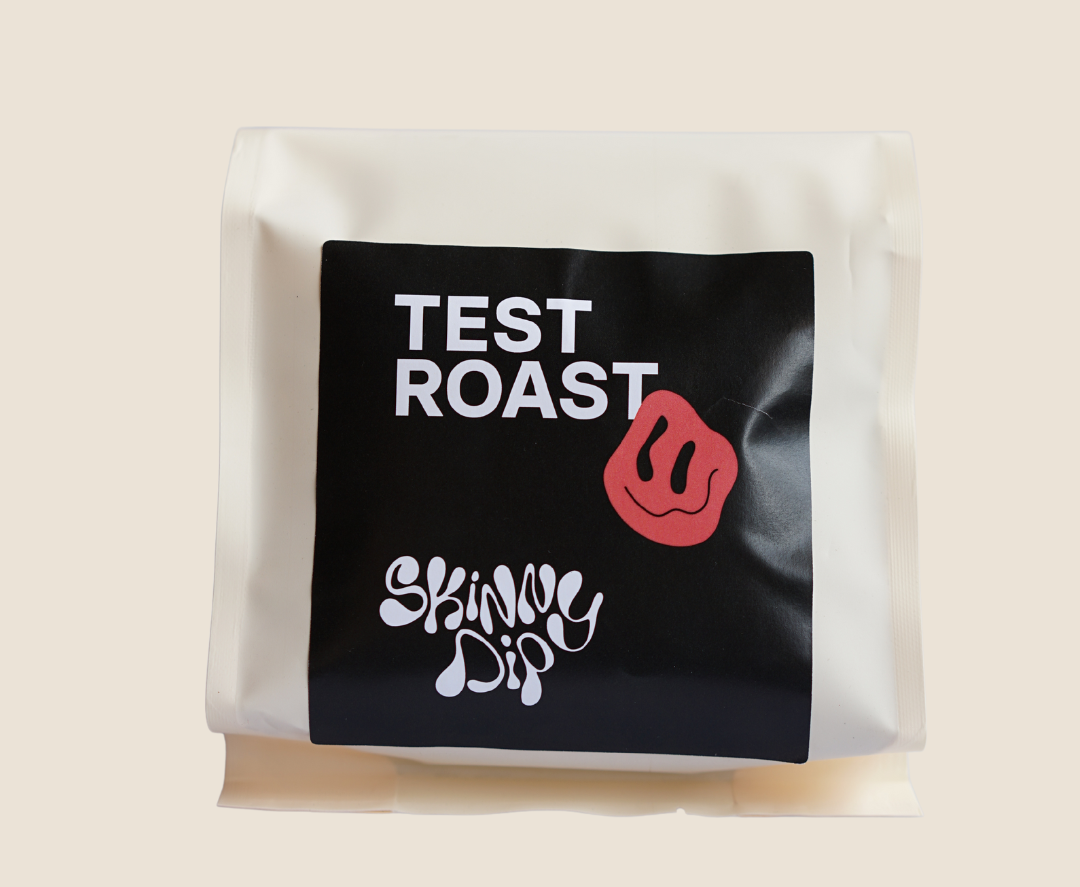
Test Roast
From £8
In short, a mix of everything.
Assessing new coffee can be a wasteful process. Here at the roastery it takes a few attempts if find the perfect cup which means there will always be coffee that doesn't quite make the grade, even if its delicous. So instead of adding the waste problem we decided to offer it as a fantasitc value for money alternative. No one bag is the same!
Stock is alwas limited.
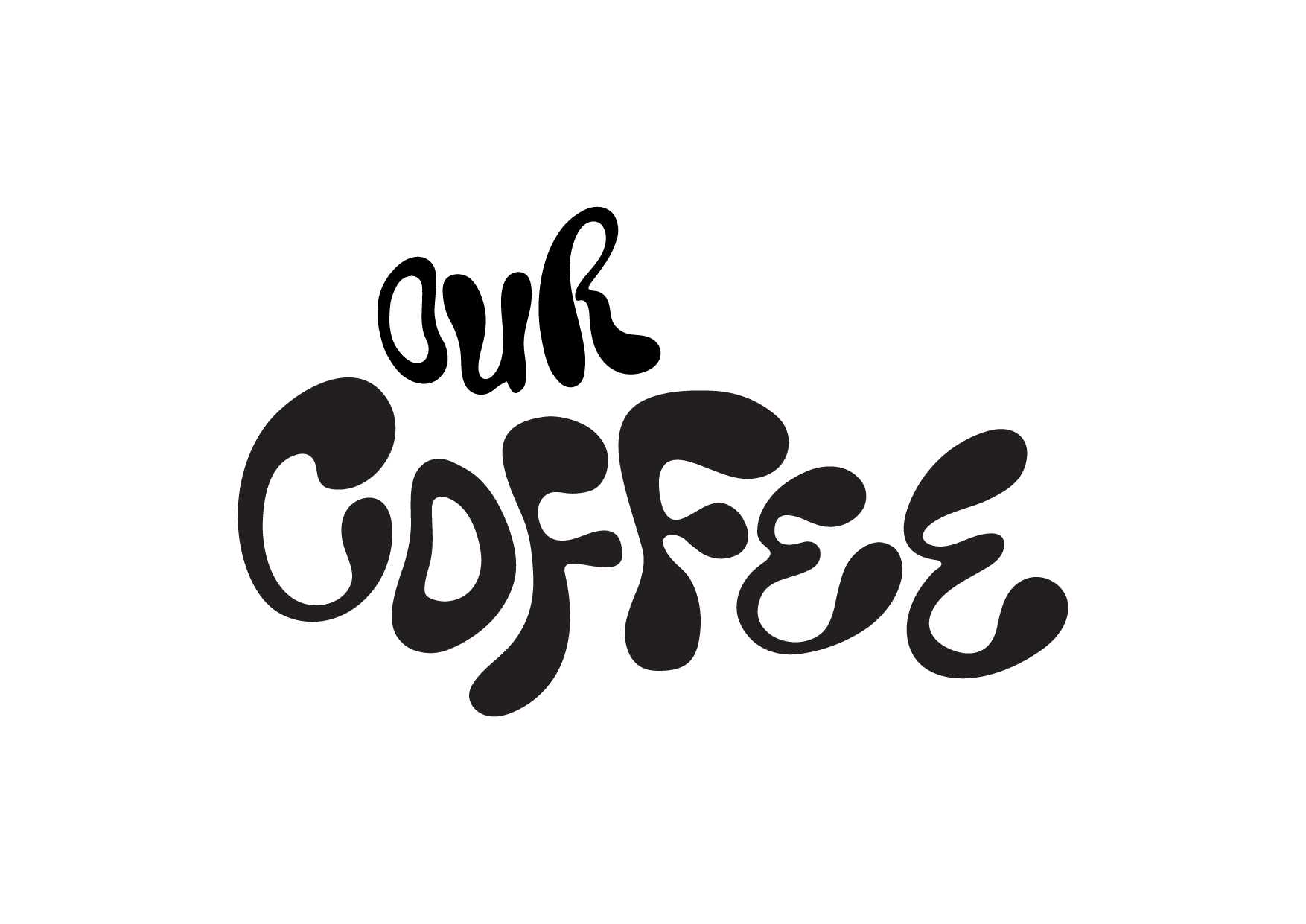
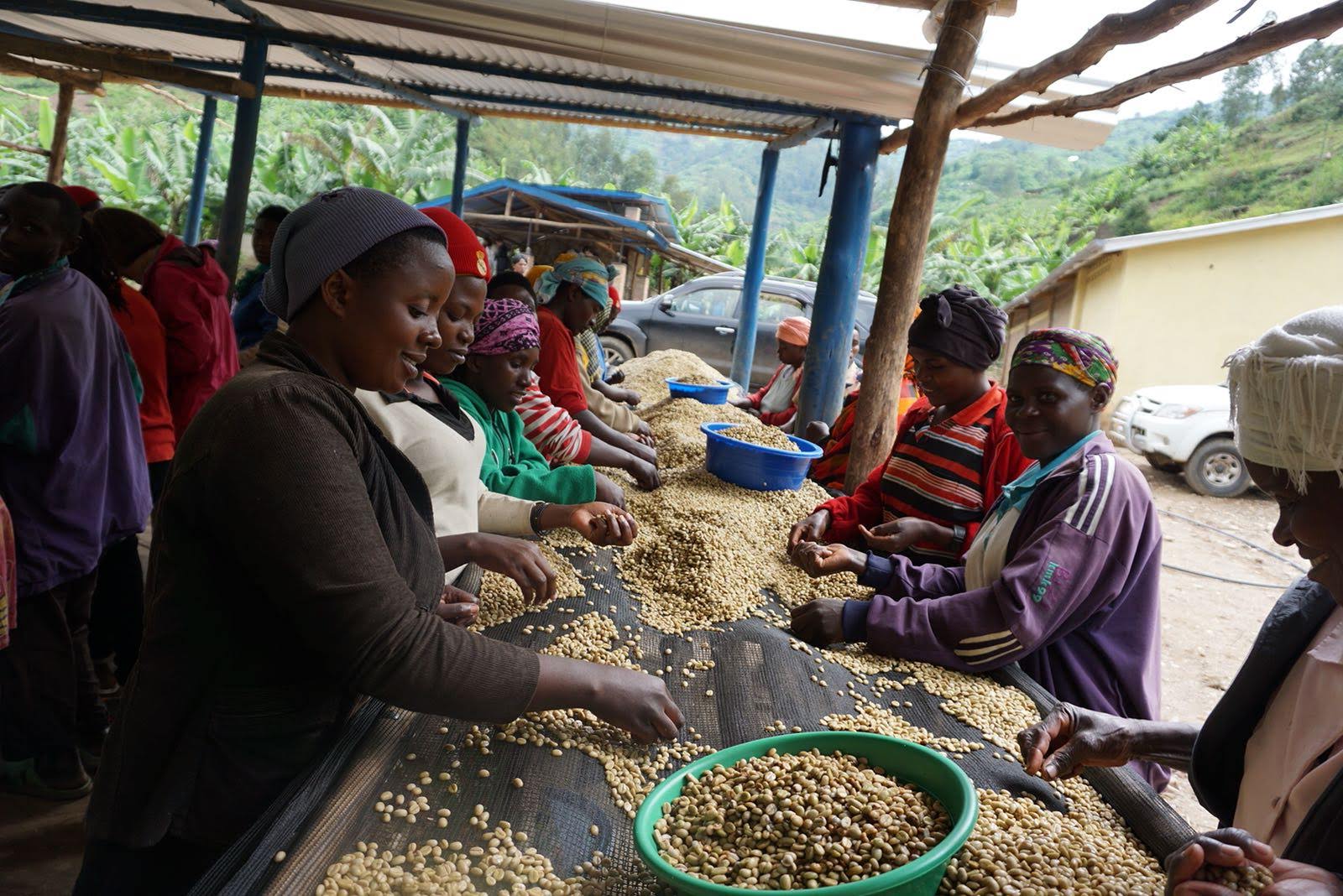
WHY SUPPORTING WOMEN IN COFFEE MATTERS
Would you do 70% of the work for 20% of the money?
In 2018 research carried out by the International Coffee Organisation showed that women have systematically lower access to resources, such as land, credit and information, than men.
We believe that the empowerement of women in the coffee supply chain will greatly improve gender equality and play a significant role in securing the future of coffee.
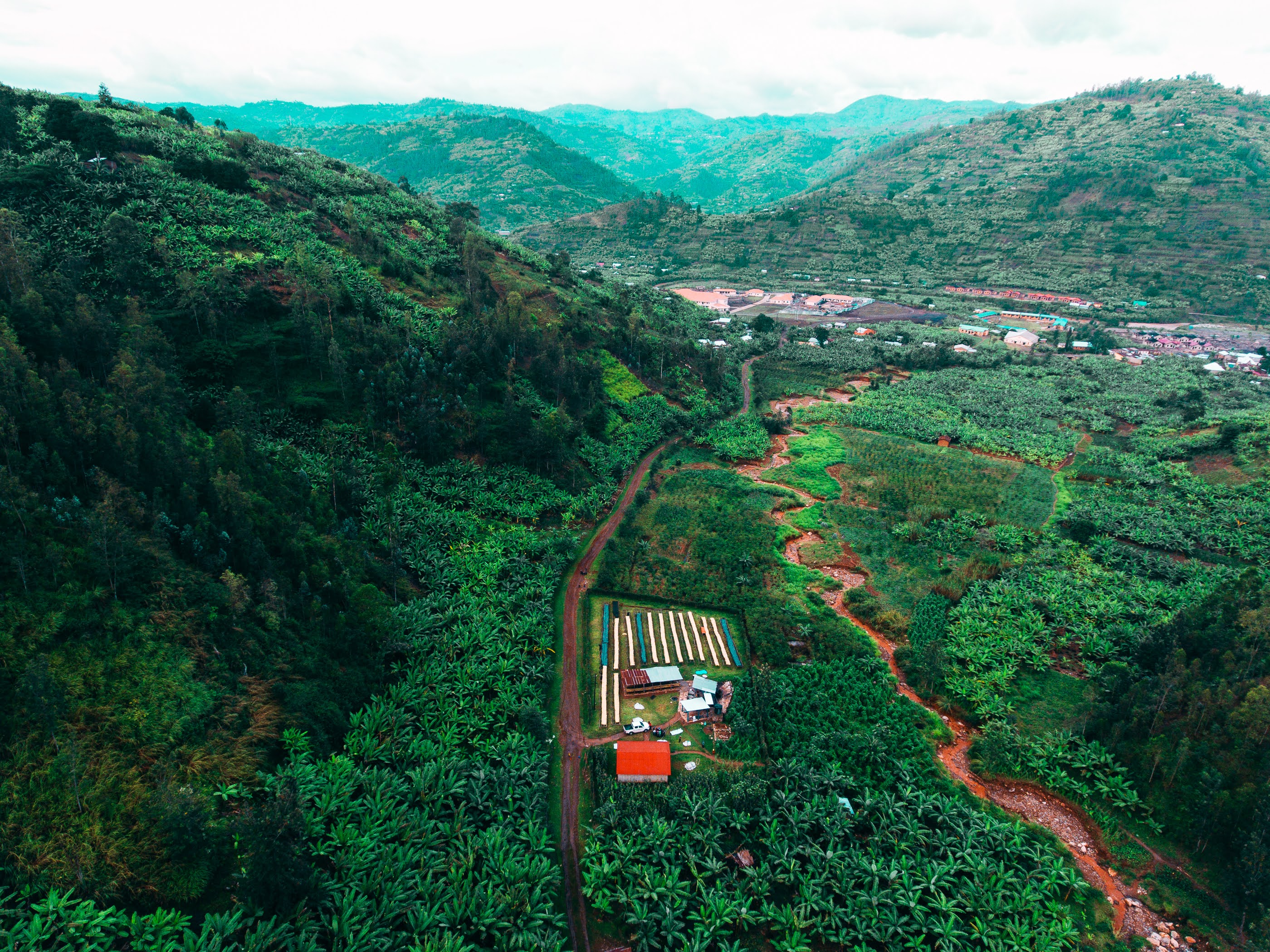
USUAL
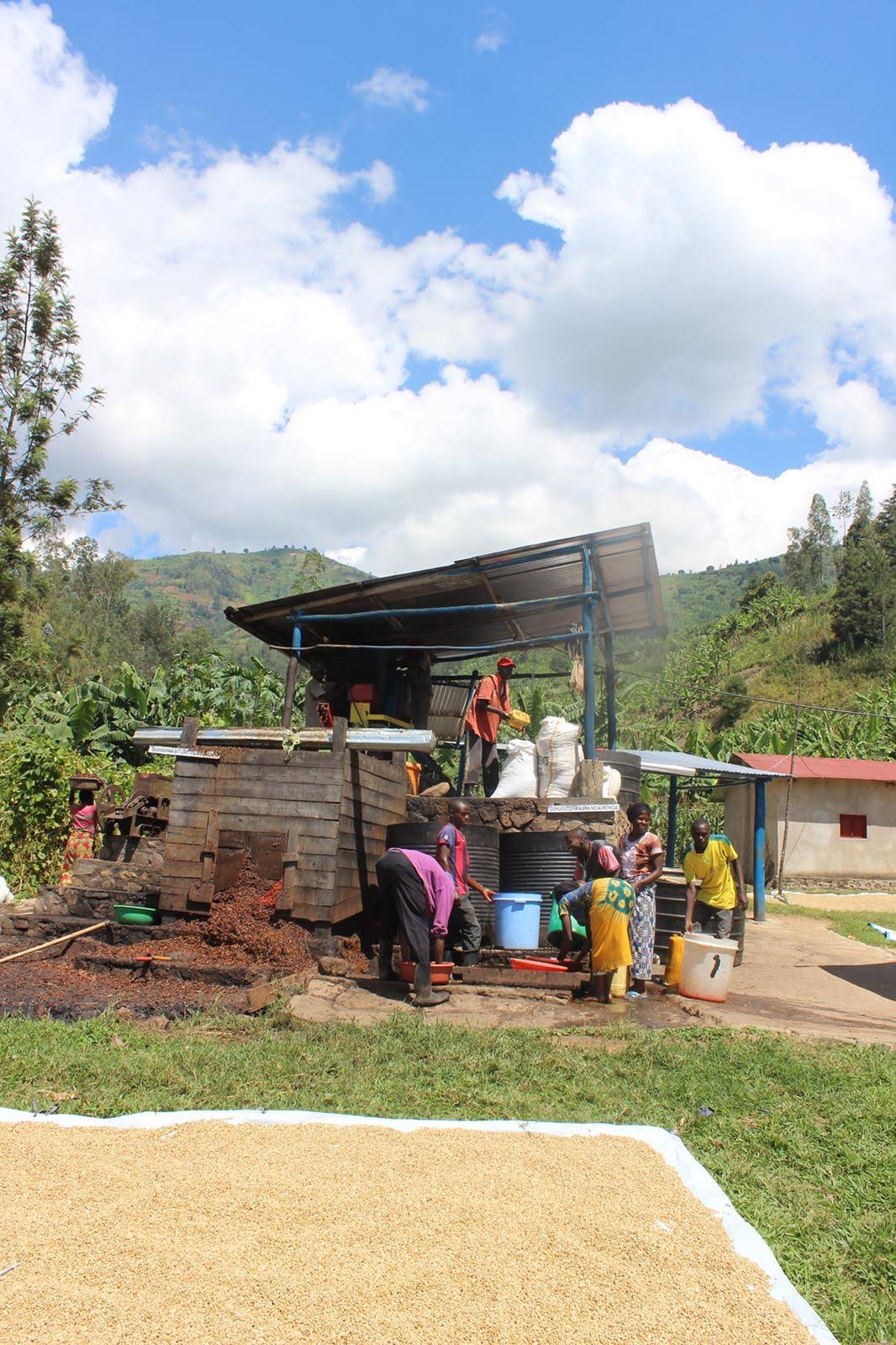
CURIOUS
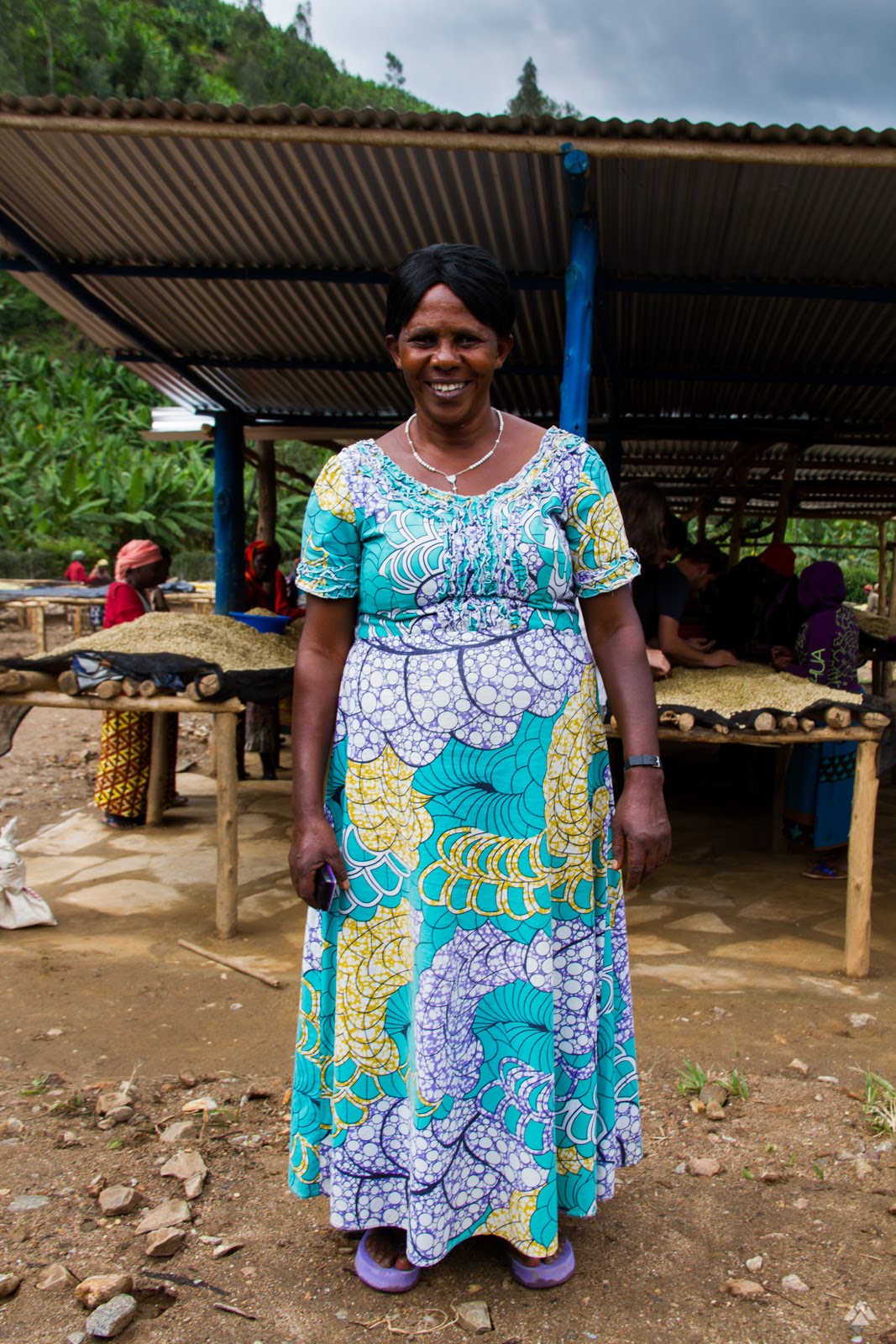
IMPOSSIBLE
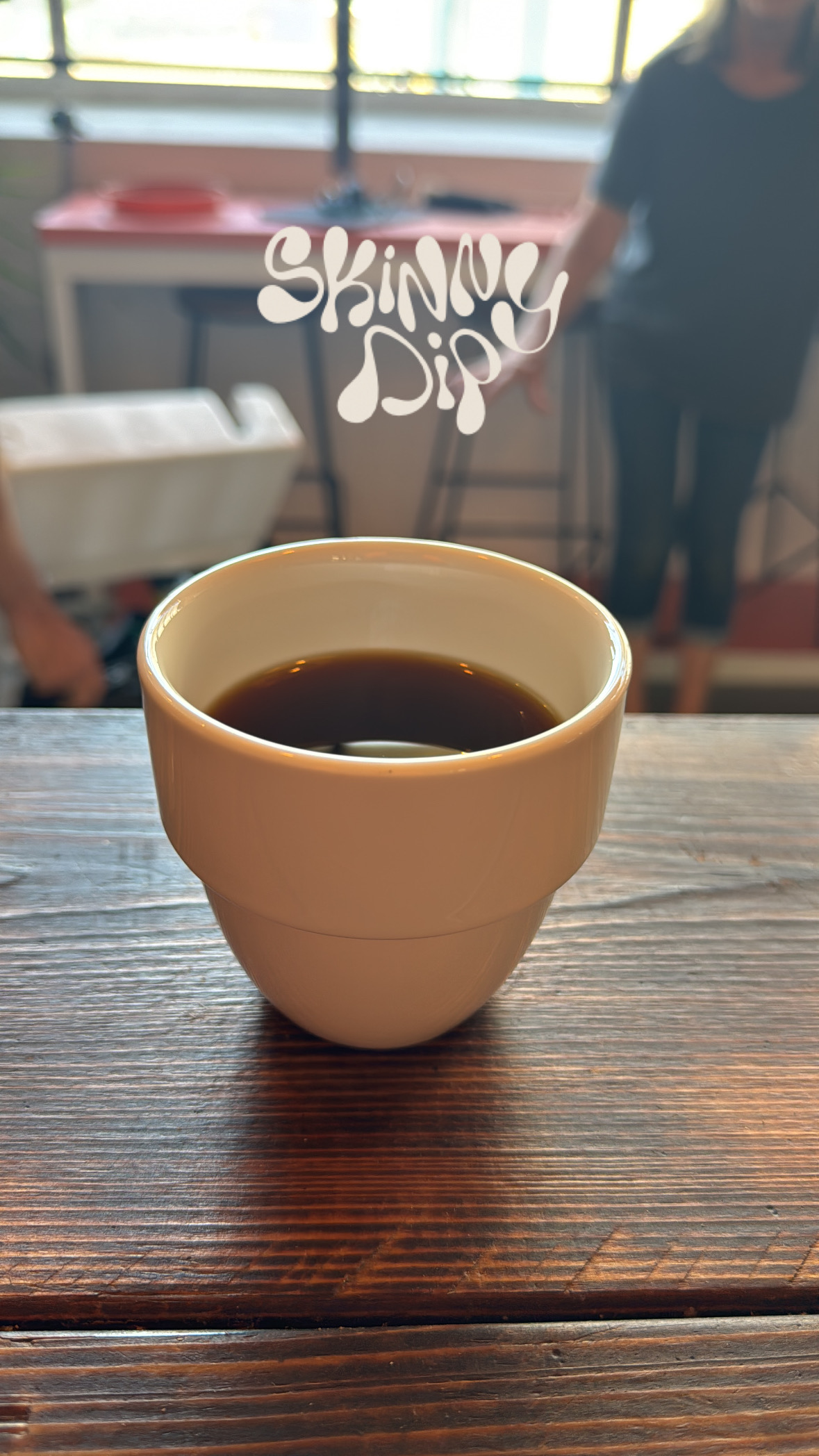
VISIT US
Come and have a brew with us in the roastery. We are open from 8:30 am - 2:00pm , Tuesday to Friday.
Location
Unit 1JS, Channel Road
Westwood, Margate
CT9 4JS
